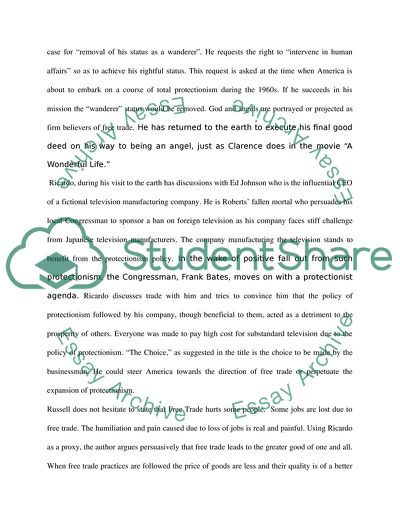Cite this document
(The Choice: A Fable of Free Trade and Protectionism Term Paper, n.d.)
The Choice: A Fable of Free Trade and Protectionism Term Paper. https://studentshare.org/macro-microeconomics/1717908-the-choice-a-fable-of-free-trade-and-protectionism
The Choice: A Fable of Free Trade and Protectionism Term Paper. https://studentshare.org/macro-microeconomics/1717908-the-choice-a-fable-of-free-trade-and-protectionism
(The Choice: A Fable of Free Trade and Protectionism Term Paper)
The Choice: A Fable of Free Trade and Protectionism Term Paper. https://studentshare.org/macro-microeconomics/1717908-the-choice-a-fable-of-free-trade-and-protectionism.
The Choice: A Fable of Free Trade and Protectionism Term Paper. https://studentshare.org/macro-microeconomics/1717908-the-choice-a-fable-of-free-trade-and-protectionism.
“The Choice: A Fable of Free Trade and Protectionism Term Paper”. https://studentshare.org/macro-microeconomics/1717908-the-choice-a-fable-of-free-trade-and-protectionism.


